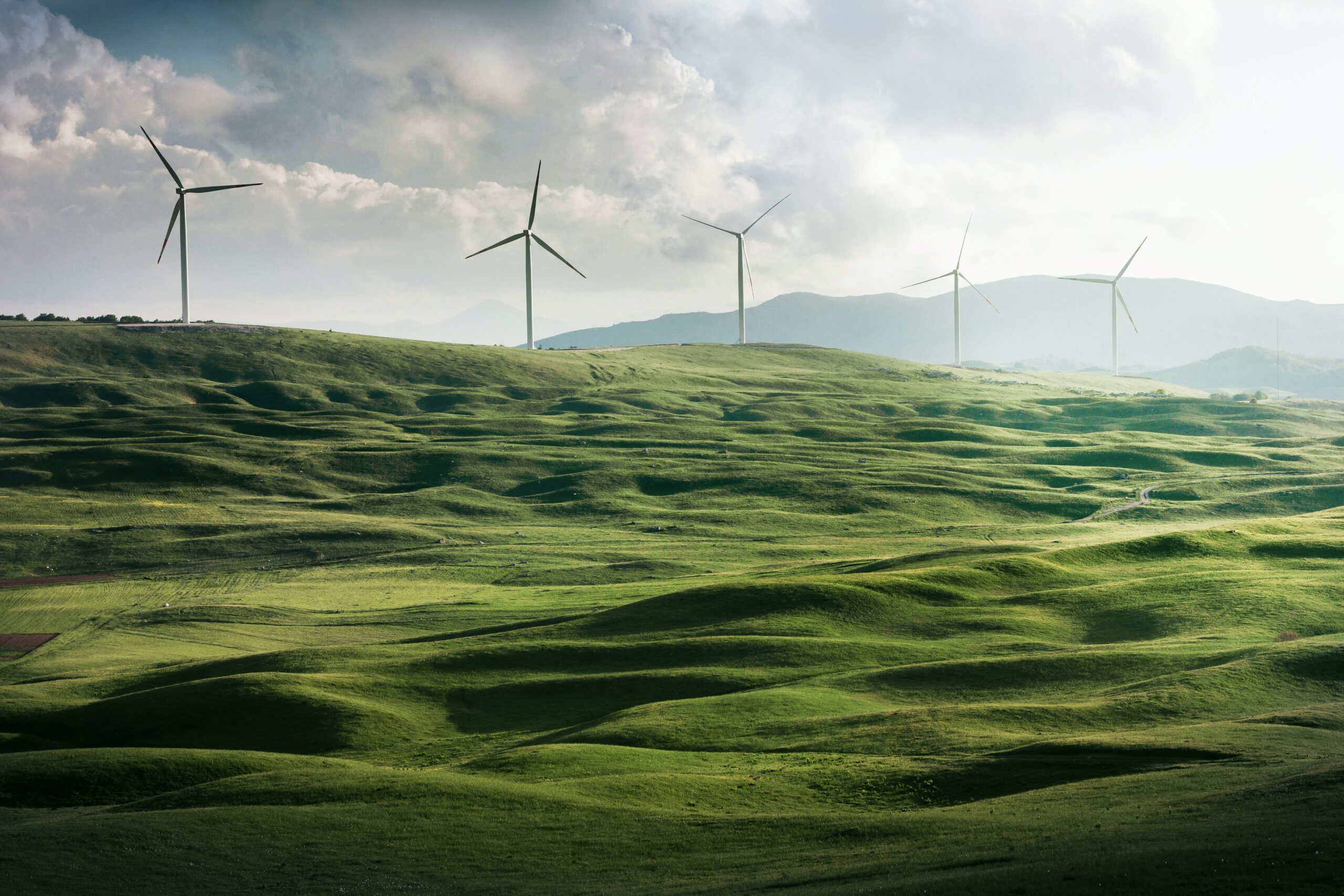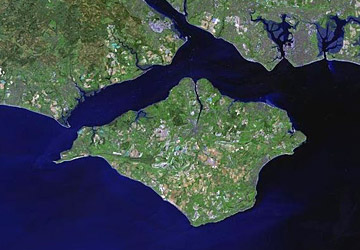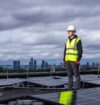Ecoisland- A Future Vision
The Isle of Wight plans to become the first sustainable region in Britain
The Isle of Wight aims to be a “greenprint” – not a blueprint, for a new kind of Britain – powered by renewable energy. The vision comes from entrepreneur David Green who has powered the little island in the English Channel into the forefront of sustainable development. He wants to show the way for communities to become engaged in pushing forward their own destiny and reducing their emissions.
Keith Taylor, Green MEP for the South East region says, “The Ecoisland project is a trailblazing initiative which highlights practical solutions to reduce our impact on the environment and achieve sustainability in terms of energy, food, water, fuel and waste. It is particularly uplifting to see Ecoisland pushing the boundaries of sustainability at a time when many of us are feeling the squeeze of austerity.”
He added, “It shows us it is possible to go green and save money at the same time.”
The Isle of Wight is 380 square km and has 140,000 inhabitants, effectively the population of a medium-sized UK town. It aims to become the first region in the UK entirely powered by renewable energy, using solar, wave and tidal, and a smart infrastructure, to become self-sufficient in energy, or even export it to other parts of the country. Ecoisland has already installed 40 MW of renewables and has another 30 MW on the way.

The model is a co-operative one, in which the community will own their own energy. Backed by the Technology Strategy Board – the UK’s innovation centre, and the Department of Energy and Climate Change (DECC), as well as big names like IBM and Vodafone, the project is moving into is delivery phase. David Green says, “We are going to be able to put together a totally integrated technology solution which will guarantee success.” The Ecoisland Energy Company, launched at the House of Commons on 6th June 2013, plans to fit Energy Management Systems across 50,000 homes and businesses on the island. These will be provided by Sweden-based Maingate, which in a recent trial demonstrated that households fitted with their system could save up to 20% on their energy bills. Using apps on any internet-enabled devices, households and businesses can monitor their usage real time and switch appliances, lighting and heating on or off remotely. Maingate was founded 15 years ago, and works with major utilities including E.ON, and partners such as Deutsche Telekom. Maingate connects over 50% of smart meters in Sweden and 20% in Finland to energy providers.
All sorts of other innovative methods are being pioneered in real-life testing, from homes equipped with fuel cells to store renewable power, a tidal research centre partnered with Southampton University, and electric and hydrogen-powered utility vehicles, to name but a few.

David Green criticised the government perspective on supply and new power generation, “If we turned half the attention and half the money onto the demand side of the game. If we put that money and effort into what we are doing on the island: the demand side management, my guess is you might not need half that new generation at all. Drive down the demand, get people to be smart and do more with less.” He believes that Ecoisland is creating a new paradigm for the rest of the UK to follow.
He is passionate about how the project will set the standard for greening the economy, “What we are doing right now to the planet is not sustainable. We have to change. We have to do that now.” The objective is to show how it is possible to have a region of the UK powered entirely by renewable energy, with a high degree of environmental sustainability and demonstrate that this will provide jobs, business opportunities, and energy security. David Green and his team believe that this model will prove itself and can be scaled-up to benefit the rest of the UK.
Keith Taylor MEP concludes that Ecoisland, “shows us how to take sustainability forward, backed by sound economics with the spirit of the community at its heart.”
Visit GreenJobs for the latest Eco Jobs





Fantastic to see a politician with the drive to push something like this forward. There is a future in renewable energy and the sooner people wake up to the fact that fossil fuel is a finite resource which will only become more expensive the better. I can only think there is the agenda of the major energy companies, to keep generating profits for shareholders, that stop renewable energy projects going large scale. They always come out with piecemeal bits just to show some green credentials “We are trying but it’s not easy” but with a combined effort of available tech, political will (what’s that then?) and some lateral thinking and as a country we could probably be a net exporter of electricity.
Island network in name and function indeed!
Fully accord with the ethos that individuals hold the key to energy futures, empowering people to generate their own energy is the best formula to efficient use of energy by enhancing the users vested interest in that efficiency. Feed in tariffs are the key to that.
‘Big’ energy has its place in network stability but the network will continue to be under duress unless legislation allows and supports two way inputs e,g, think of it like a tree, sometimes the leaves provide inputs to the roots and sometimes the reverse. In the current model it’s all one way, hence the problem.
On an Island the vested generators have a marginalised effect and so well done getting this initiative to work. Hopefully the test will be successful and politics will roll the potential benefits across Europe?